|
BACK TO TOP
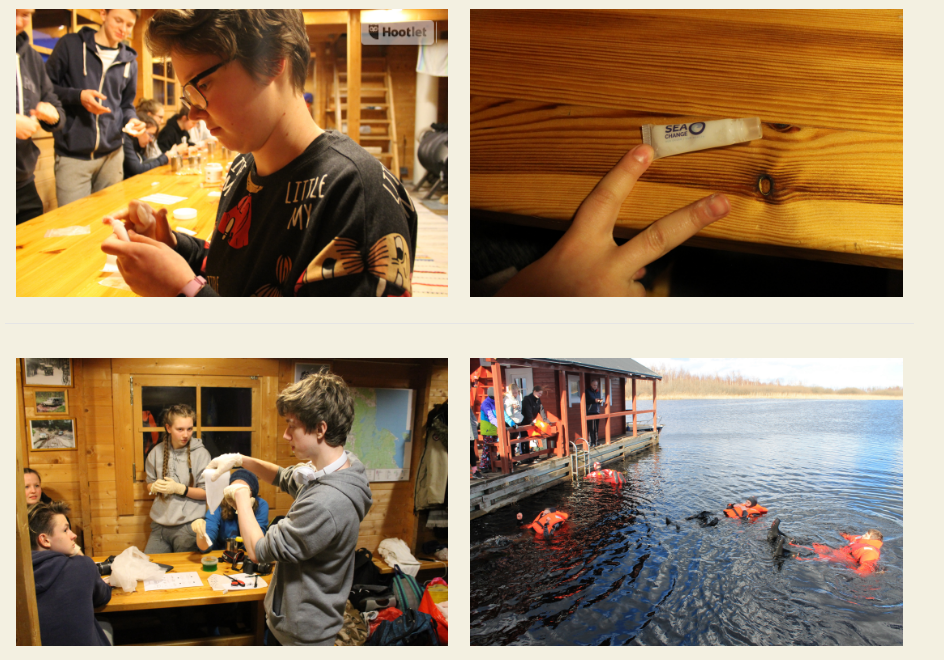
iQLandia, a third party member in the Sea Change project, is organising a project event as part of the 17th Nisa Marathon, an annual canoe race on the river Nisa in Liberec, the Czech Republic on 3 June 2017. The event’s tradition and past success will bring together many participants and visitors.
Sea Change is a three-year EU Horizon 2020 funded project that aims to establish a fundamental “Sea Change” in the way European citizens view their relationship with the ocean.
At the event, a communication stand will be set up near the finishing line where iQLandia will be demonstrating experiments to show the connection between humans and nature. iQLandia will engage the audience, focusing on the connection of inland areas and the ocean by pointing out interlinked aspects of hydrology. iQLandia will also highlight the importance of having a healthy ocean, even for inland countries, by communicating the ways in which the ocean supports the quality of human life.
iQLandia will also organise a pop-up exhibition displaying the level of change that has occurred in recent decades, and how the river landscape has transformed. During the day, a Sea Change team will conduct a cleaning of the banks of the river, and materials collected will be used to create a “work of art”.
Sea Change will be also present at the final ceremony, where winners of the canoe race will be announced. Sport enthusiasts and water sportspeople will feed their ideas into the event planning and take an active part in promoting environmentally responsible behaviour during a preparatory workshop.
For more information on the Sea Change project, visit: www.seachangeproject.eu
BACK TO TOP
A new guide has been published as part of the Horizon 2020 COLUMBUS project. The guide, titled ‘Use and sharing of marine observations and data by industry’, aims to aid public ocean observing and data initiatives to engage with Blue Growth industries.
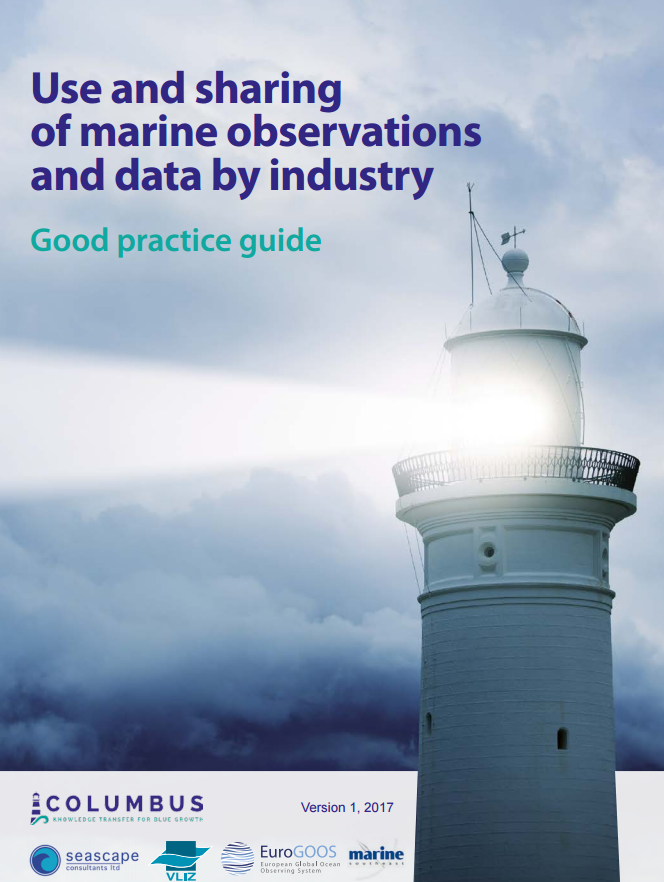 The European Union provides substantial investment in marine monitoring and observation, data sharing and assembly, as well as downstream services. This has led to significant progress in collecting, aggregating and making publicly available the data and information derived from monitoring and observing our European seas and oceans. This guide explores the issues of why effective engagement of industry with marine observatories and related data-sharing initiatives is being stagnated. The European Union provides substantial investment in marine monitoring and observation, data sharing and assembly, as well as downstream services. This has led to significant progress in collecting, aggregating and making publicly available the data and information derived from monitoring and observing our European seas and oceans. This guide explores the issues of why effective engagement of industry with marine observatories and related data-sharing initiatives is being stagnated.
Primarily aimed at European marine observatories and public data-sharing initiatives, but also valuable to companies and other stakeholders operating in the blue economy, the guide in its entirety can be found here.
For more information on the COLUMBUS project, contact Cliona Ni Cheallachain, AquaTT, at cliona@aquatt.ie
BACK TO TOP

Managed by AquaTT, COLUMBUS aims to measurably increase the uptake and application of outputs arising from publicly-funded marine research projects by different end-users, specifically industry and policy makers. It has many objectives, one of which is to facilitate events and activities to bridge the gap between research communities and end users in the marine and maritime sector to stimulate knowledge transfer for Blue Growth.
A workshop entitled “Marine Knowledge Transfer & Innovation: Learning from Regional & European Initiatives” was held as a side event of European Maritime Day on 17 May. The event, hosted by the National Oceanography Centre’s facility in Southampton, and organised by AquaTT (COLUMBUS Strategic and Operational Lead) and two partners, EurOcean and Marine South East, proved to be a great success.
The objective of the workshop was to a) examine good practice and progress arising from recent initiatives at a regional and European level; b) identify where barriers had been overcome and whether efforts could be replicated; and, c) brainstorm ideas as to how to overcome challenges and barriers in the future. The workshop utilised both facilitated debate and world café style methodologies to ensure maximum exchange and sharing of knowledge and information.
For more information on COLUMBUS, please visit the project website on www.columbusproject.eu or contact the project manager, Cliona Ní Cheallacháin, AquaTT, at cliona@aquatt.ie.
BACK TO TOP
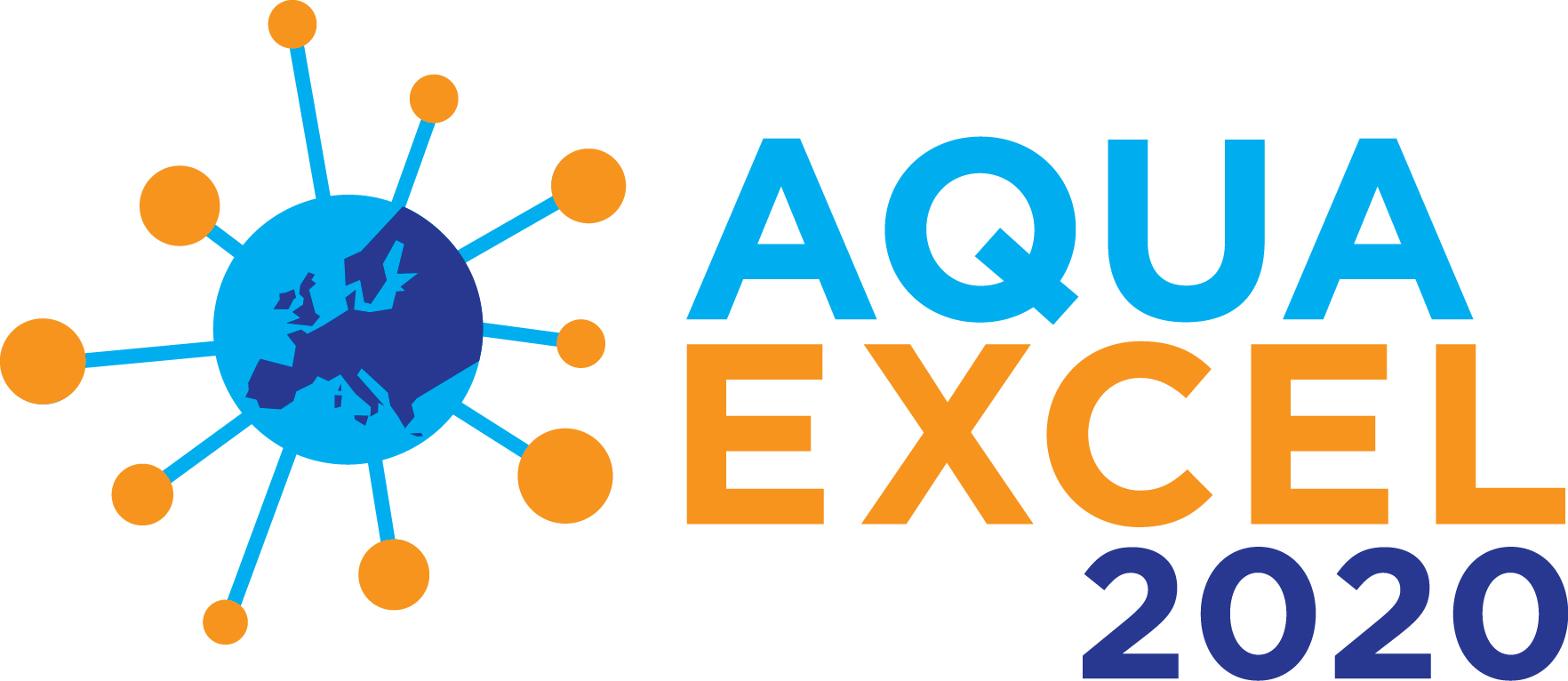
One of the current key areas of interest for the aquaculture industry is sustainable aquaculture feed, and fish farmers are always looking for sustainable feed that can make fish strong and healthy. A recently published study led by the Agencia Estatal Consejo Superior de Investigaciones Cientificas (CSIC) in Spain concludes that marine feed ingredients in aquaculture can potentially be replaced by plant ingredients without detrimental effects, when appropriate feed additives are added.
This research was made possible through combining long term research efforts in AQUAEXCEL and ARRAINA (an EU-funded project with focus on sustainable nutrition in aquaculture) with short-term studies through the Transnational Access (TNA) program in AQUAEXCEL and AQUAEXCEL2020. ARRAINA investigated fish diets with a high replacement of marine ingredients by plant raw materials as alternatives to the traditional fish meal as 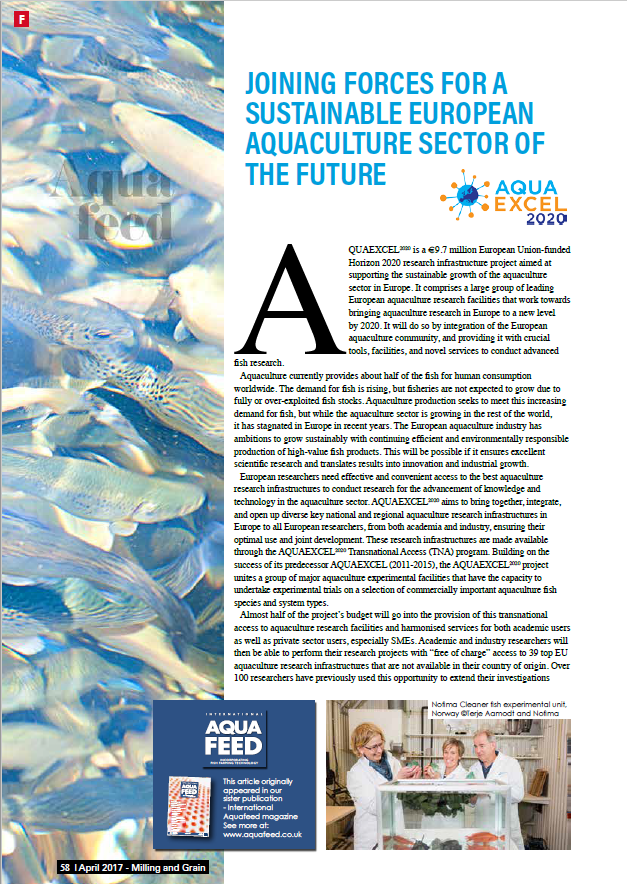 aquaculture feed. The conjunction with the two TNA projects allowed this study’s integrative approach investigating the impact of the ARRAINA diets on the fish’s intestinal health and integrity. aquaculture feed. The conjunction with the two TNA projects allowed this study’s integrative approach investigating the impact of the ARRAINA diets on the fish’s intestinal health and integrity.
Transnational Access involves a research group in one country collaborating with one or more AQUAEXCEL2020 Infrastructures that are located in a different country to the applicant, and which offer facilities and expertise not available in their own country.
Interested researchers can propose projects that involve visits of one or two people to the chosen research infrastructure for a period of up to three months. Access to the research infrastructures and associated travel and subsistence expenses will be covered by AQUAEXCEL2020. The establishment of new transnational collaborations is strongly encouraged, as well as the participation of SMEs.
To find out more about at AQUAEXCEL2020 TNA programme, please visit: www.aquaexcel2020.eu/transnational-access/tna-overview
To read the full article in Milling and Grain, April edition 2017, pages 58-61, please visit: issuu.com/gfmt/docs/mag1704_w1. See below for details on the next call for access, or visit here: www.aquaexcel2020.eu/transnational-access/call-access.
BACK TO TOP
The €7 million EC-funded PerformFISH project officially launched in Volvos, Greece, on 15-16 May 2017 with the aim of exploring and tackling the underlying causes behind the stagnation of the Mediterranean Marine Fish Farming (MMFF) sector.
Sea bream and sea bass are by volume the third (36.4%) and fourth (28.15%) most farmed fish species in the EU, and their collective value (€1.04 million) surpasses that of salmon (€0.78 million), trout (€0.55 million) or mussel farming (€0.49 million). The farming of sea bass and sea bream contributes significantly to wealth and job creation in Mediterranean rural and coastal areas. However, in recent years, there has been growing concern regarding the lack of growth and improvement in the MMFF sector, and the European aquaculture industry as a whole.
Over the next five years, PerformFISH will work to ensure sustainable growth of the Mediterranean aquaculture industry, based on consumer perceptions and real market requirements. It aims to support fish farms that operate not only in ideal economic and environmental conditions but also in a socially and culturally responsible manner.
The efforts of PerformFISH will be complemented by those of its sister project MedAID, which will develop innovative tools and integrated marketing and business plans, and will 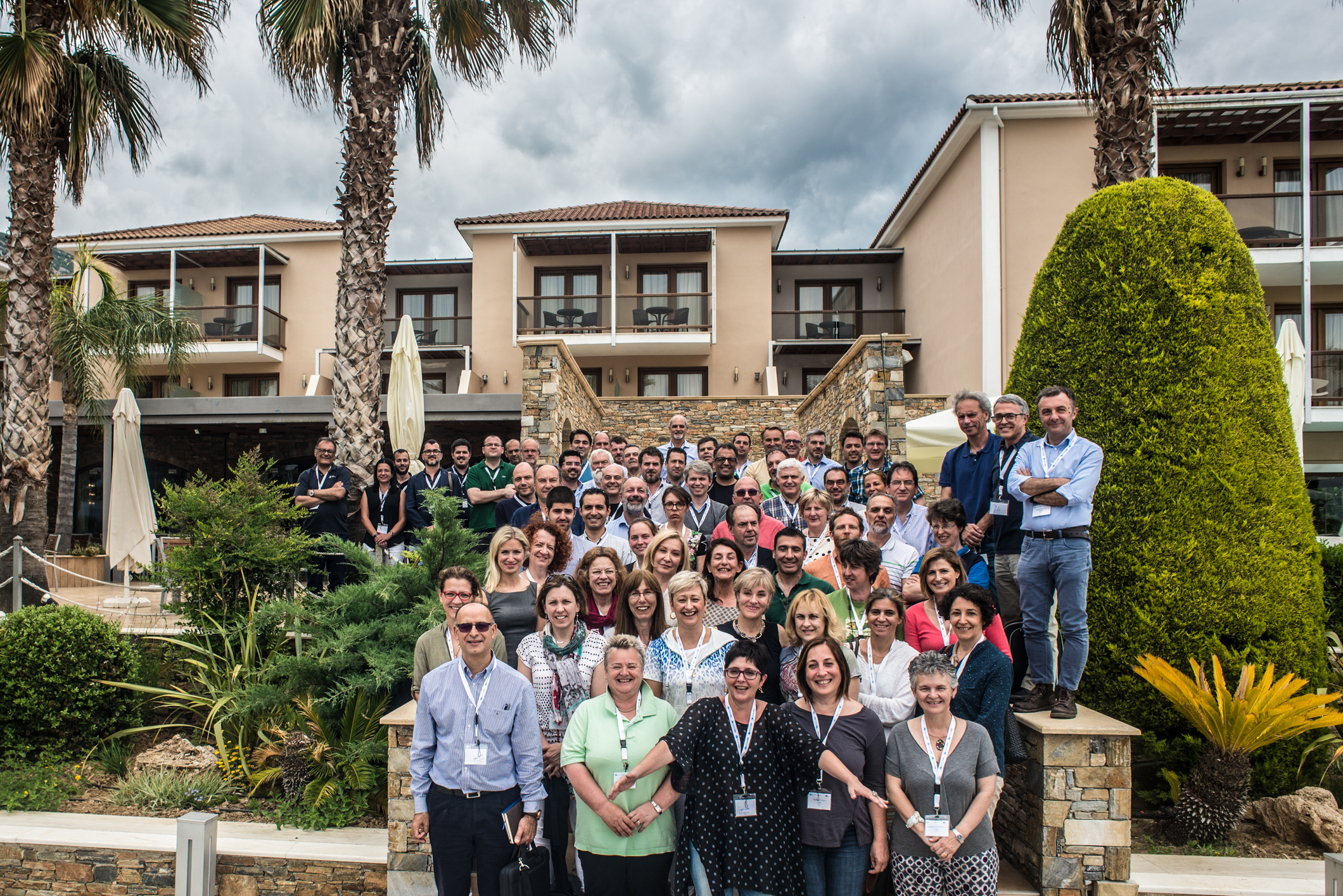 work to improve the sector’s image, sustainability and governance. work to improve the sector’s image, sustainability and governance.
With 28 partners across the aquaculture value chain, PerformFISH consists of a strong multi-stakeholder partnership, including significant collaboration and support from the five Fish Farming Associations representing 92.8% of EU sea bream and sea bass production.
The PerformFISH project website will be coming soon – keep an eye on www.performfishproject.eu!
BACK TO TOP
The sixth AQUAEXCEL2020 (AQUAculture infrastructures for EXCELlence in European fish research towards 2020) Call for Access opens on 31 May, with a deadline of 12 July 2017.
On a regular basis, the EU H2020-funded AQUAEXCEL2020 project invites proposals from European research groups for scientific research that utilises the facilities of any of the participating aquaculture research infrastructures.
The AQUAEXCEL2020 project unites major aquaculture experimental facilities who have the capacity to undertake experimental trials on a selection of commercially important aquaculture fish species and system types. These installations are made available to the research community for Transnational Access (TNA) with the support of the European Union’s Horizon 2020 Research and Innovation Programme.
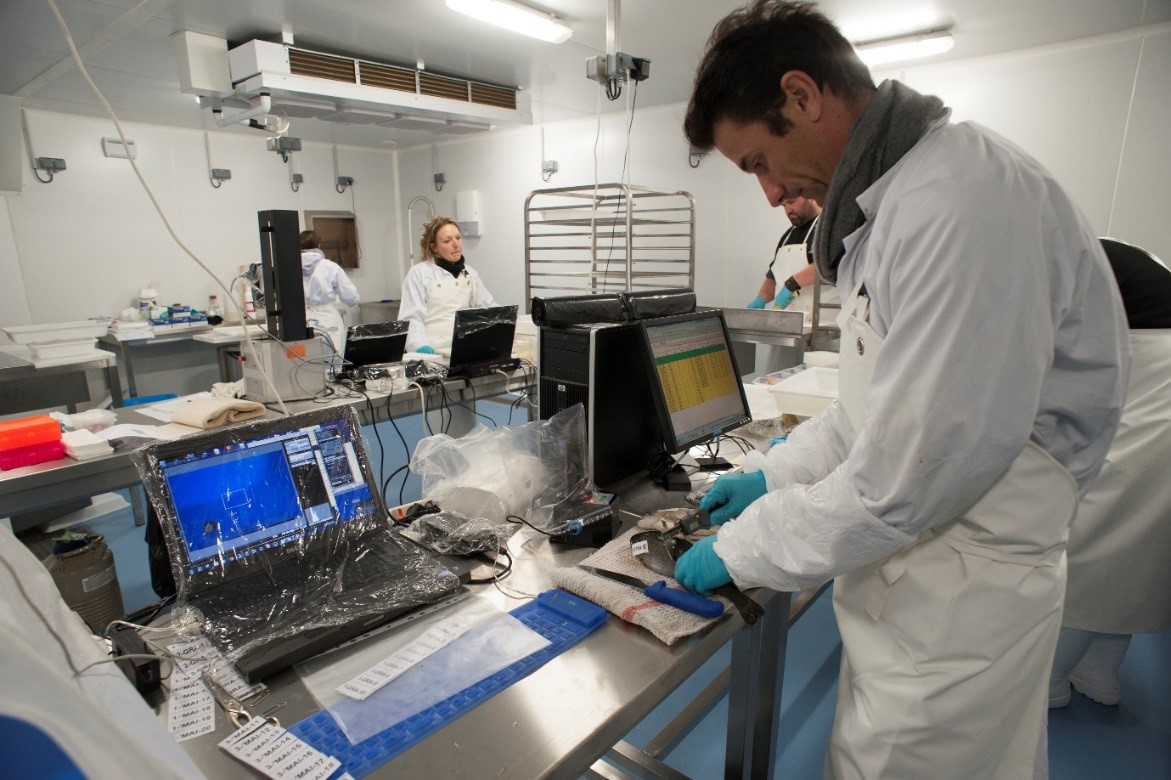
The available facilities cover the entire range of aquaculture production systems (cage, pond, recirculation, flowthrough, hatchery and disease challenge); environments (freshwater, marine and cold, temperate and warm water); production scales (small, medium and large industrial); fish species (salmonids, cold and warm water marine fish, freshwater fish and artemia); and fields of expertise (nutrition, physiology, health and welfare, genetics, engineering and monitoring and management technologies).
Interested researchers can propose projects that involve visits of one or two people to the chosen research infrastructure for a period of up to three months. Access to the research infrastructures and associated travel and subsistence expenses will be covered by AQUAEXCEL2020. The establishment of new transnational collaborations is strongly encouraged, as well as the participation of SMEs.
Do you have a project idea but need help to find the right facility?
Please contact the orientation committee of AQUAEXCEL2020 at aquaexcel-OC@inra.fr
For more information on Transnational Access (TNA) and how to apply please visit: www.aquaexcel2020.eu/transnational-access/tna-overview
BACK TO TOP
|



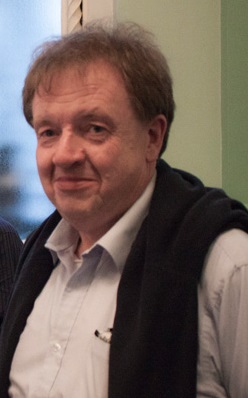
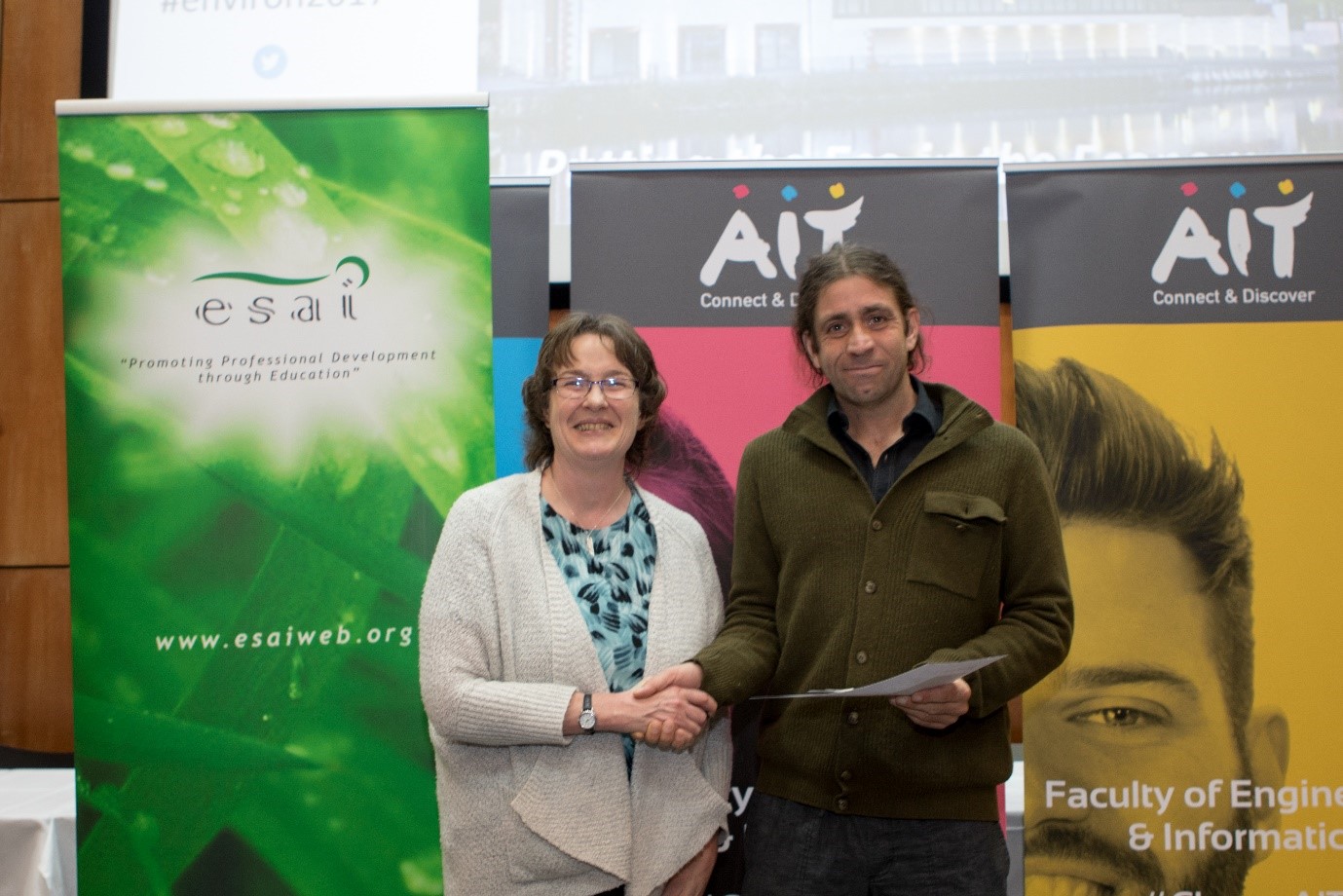
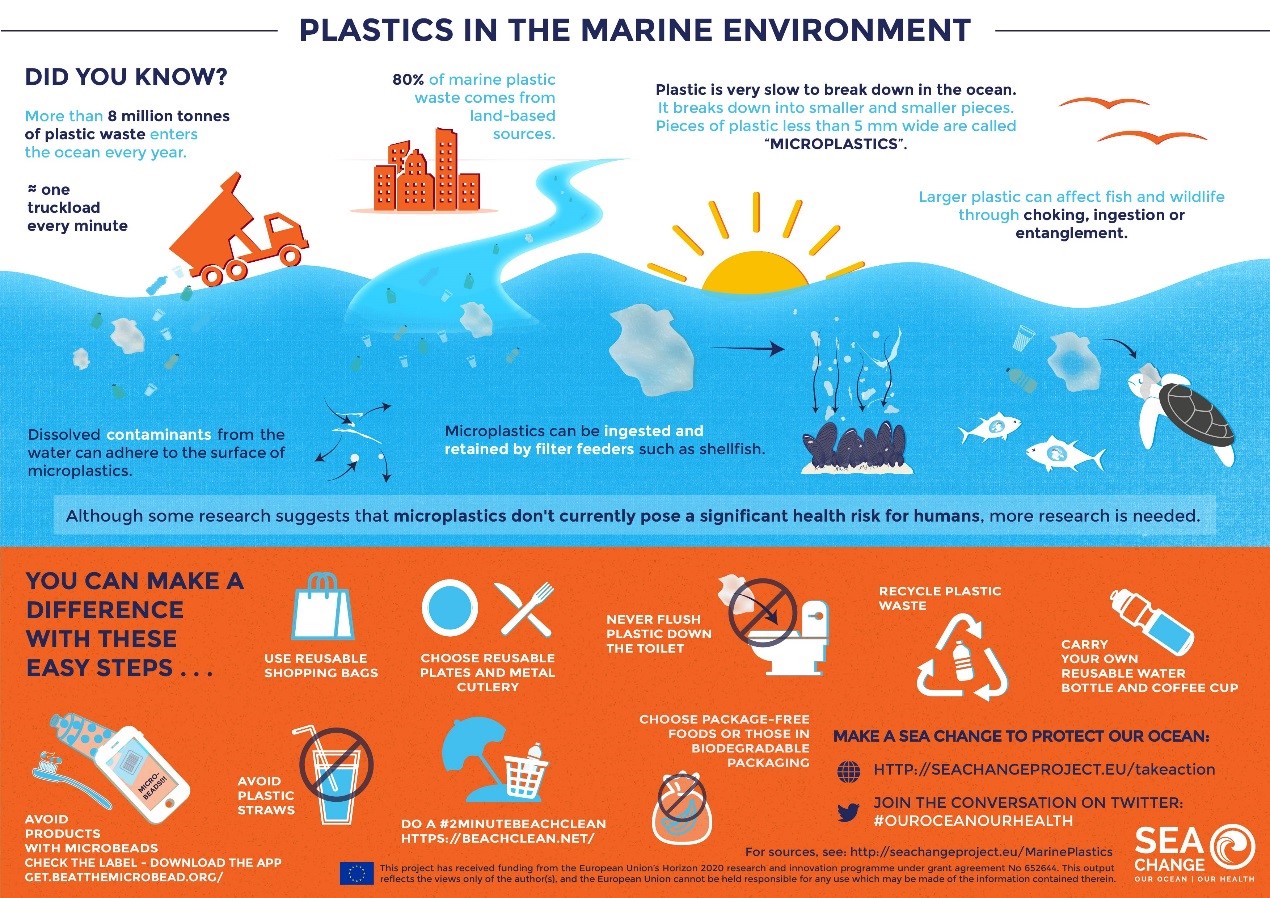




 work to improve the sector’s image, sustainability and governance.
work to improve the sector’s image, sustainability and governance.
 If you are interested in viewing or posting a job vacancy in the marine sector and related areas, please visit the
If you are interested in viewing or posting a job vacancy in the marine sector and related areas, please visit the